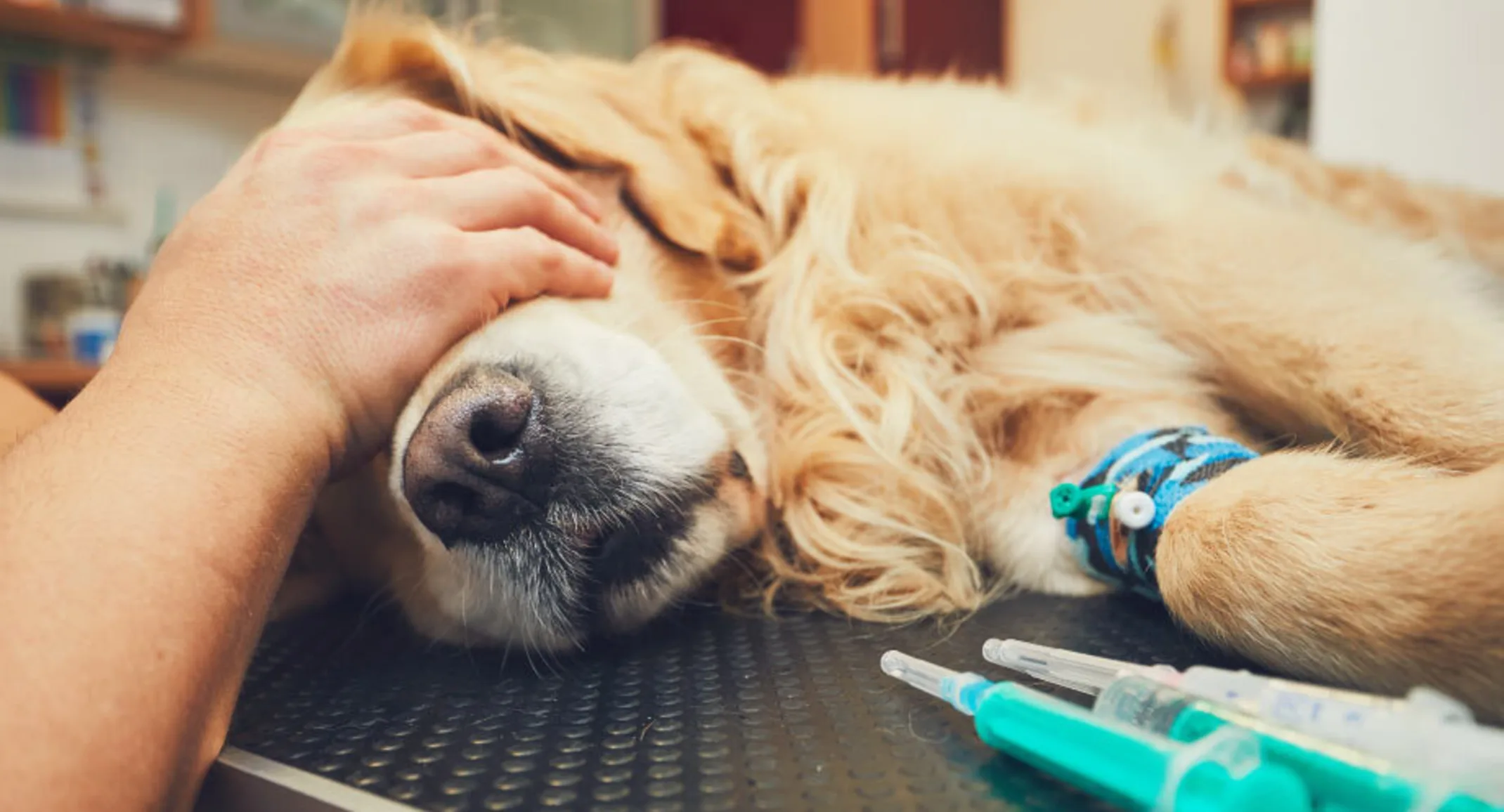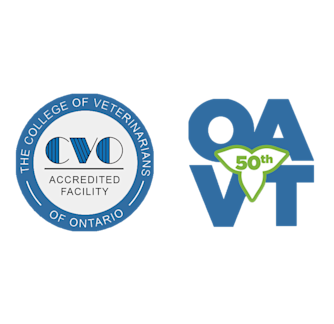If Only They Had Come in Sooner
Dr. Bocknek's Pawspective

This week at Abbotsford has been a crazy one. Every day we have had pets come in either on the verge of crashing or having just crashed. These sad cases are exceptionally challenging for many reasons. To begin with, everything is a panic. Life is being clung to by a thread. Decisions, often costly, need to be made now with no time for consideration. Time is spent trying to reach spouses or parents to discuss options all the while, precious moments slip by and life fades in front of our eyes. Sometimes the outcomes are good, many times they are not. One of the concepts that we struggle with as health care providers is, “Why did they wait so long to come in?
Our pets, while members of our family, have instincts that were ancient long before they chose to come into our homes. One of those is the drive not to appear weak. The less domesticated the species, the more powerful this instinct remains. Its purpose is survival. If you appear weak, you will be looked on as prey. Something bigger then you is going to come and eat you. So put on your best face and pretend that everything is fine, or else.
This survival instinct is most evident in our bird, rodent and lagomorph species. They will literally be eating and acting normally hours before they succumb to an illness or disease process and die. I find in our canine clients, this behavior manifests in how they do not readily show pain. “I know she limps but she doesn’t cry, so she isn’t painful right doc?” or another common observation is “I know he has a broken tooth but he is still eating, so it doesn’t hurt does it?” In our feline patients, the earliest signs of illness are often nothing more than a subtle moving away from us. Sleeping in different spots, not seeking affection, decrease in grooming. So what is a person to do? What should you look for to help prevent catastrophe and keep our family members healthy?
Know thy pet. Three simple words but very powerful. If you see me at Abbotsford you will occasionally hear me mention “Mom’s/Dad’s instincts”. Many times owners will pick up on the subtle changes in their pet’s behaviors that are the prelude to something more serious. They will bring their pet in to me to examine and I complete a thorough physical and will find nothing. However, Owner’s instincts are good. While I know the medicine, you know your pet. Just because I can’t find anything the first time you come in doesn’t mean it isn’t there.
Tincture of time is often the great revealer. What this first visit does is put us on alert. We become better observers. When new symptoms develop we are already looking for them and we can then act upon them. Kidney disease, diabetes, heart disease, ophthalmic diseases, gastrointestinal problems all start off as subtle and insidious illnesses. If we catch them early, we can prevent calamity. Thorough physical exams and a good history can then guide our tests. The problems can be worked up and treatment started, long before major damage to internal organs is done. The cost of these measured, calm, considered workups are substantially less than the frantic emergencies. The outcomes of these workups, once the diagnosis is made, is also much better. When left undiagnosed, these illnesses at best can leave our pets permanently debilitated and at worse be fatal. Early detection and treatment can prevent the suffering of our family member and reward us with years of great quality time.
Know your pet. Listen to what they are telling you. Don’t ignore your instincts.
Abbotsford Animal Hospital - Caring for Pets for People in York Region, Aurora, Newmarket, King City, Richmond Hill and the GTA.
Jory Bocknek D.V.M.
Dr. Bocknek joined Abbotsford in 1994 and became a partner in 1996. Special interests include ophthalmology, ultrasound, behaviour, and physical rehabilitation.

